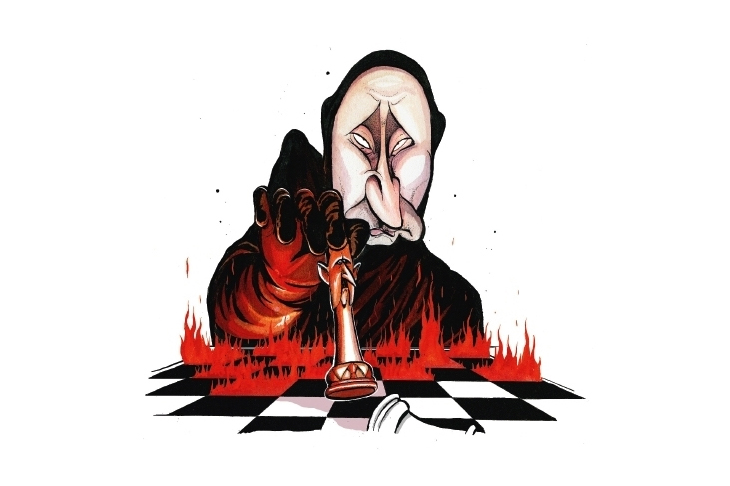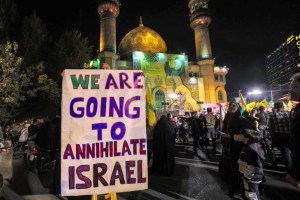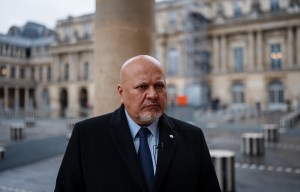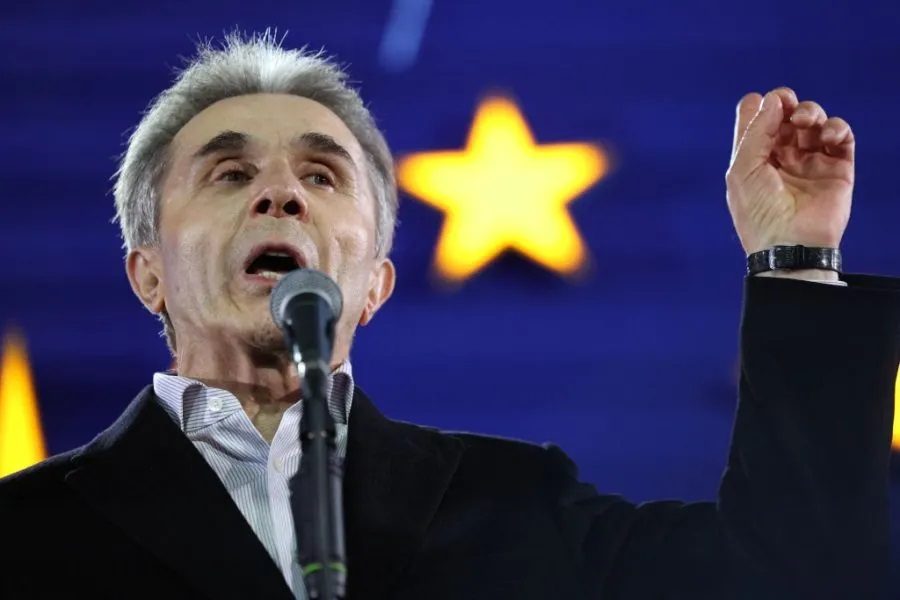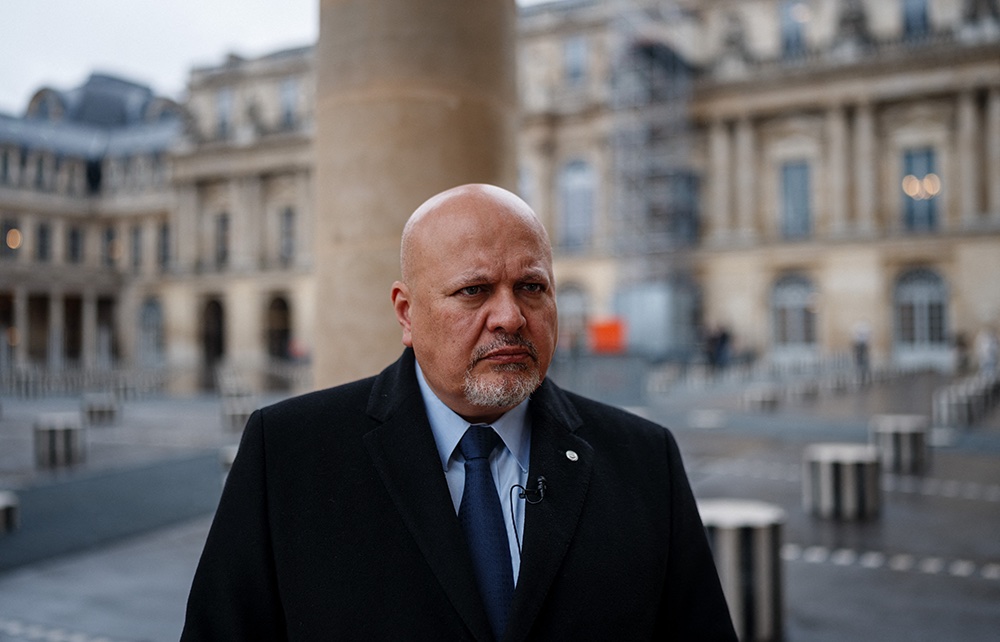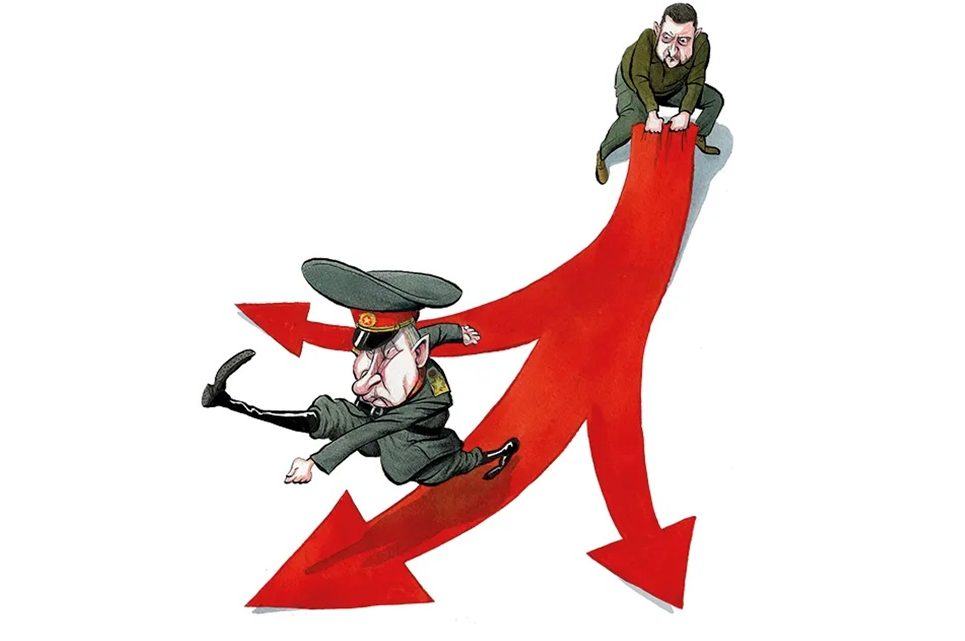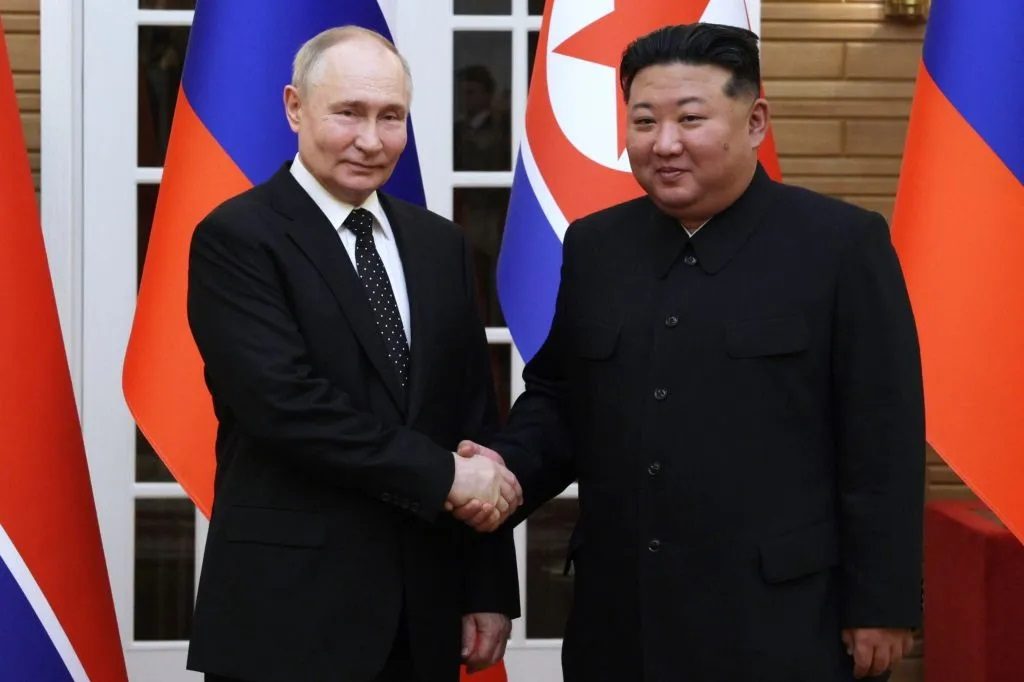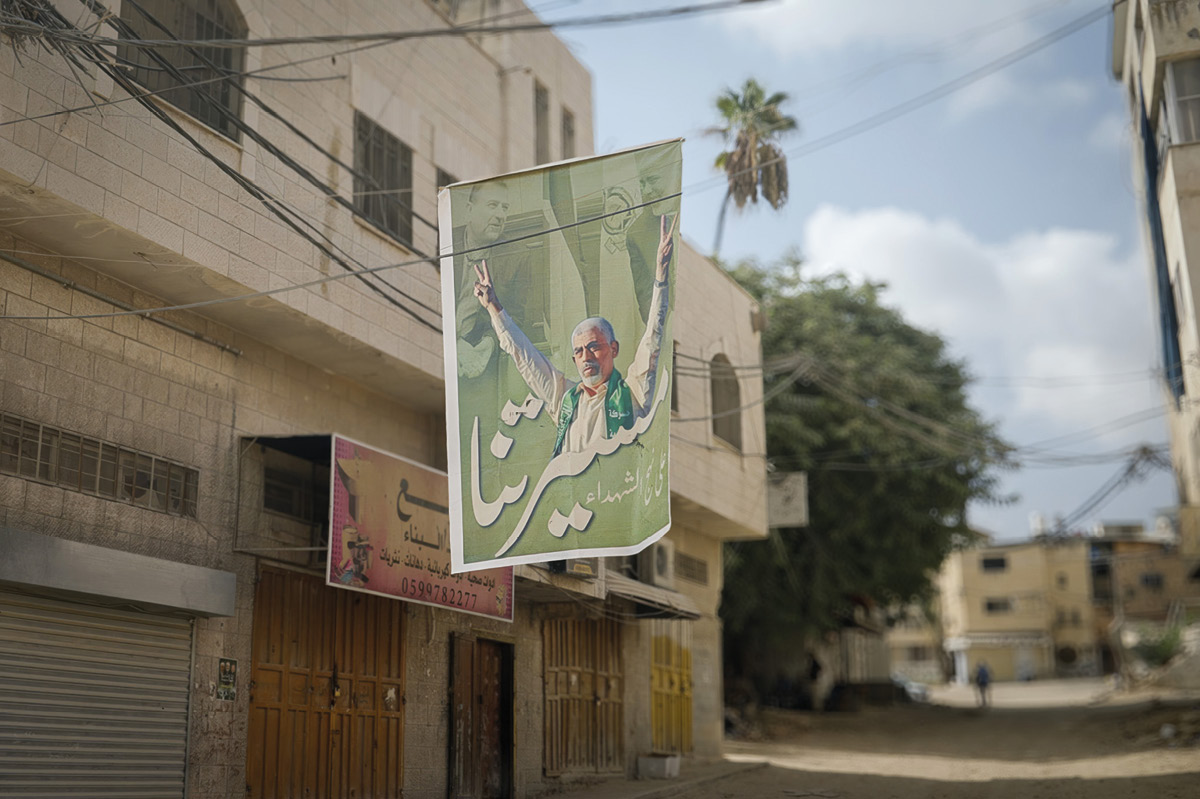It will be a matter of deep regret for Vladimir Putin that, in the wake of Yevgeny Prigozhin’s ill-fated attempt to overthrow Russia’s military establishment, he has finally been forced to come clean about the Kremlin’s association with the Wagner Group. Deniability is a vital facet for a veteran spook like Putin. Even when Wagner’s band of mercenary cut-throats were spearheading the assault on the east Ukrainian city of Bakhmut earlier this year, the Russian leader rebutted claims of Prigozhin’s involvement. “He runs a restaurant business, it is his job — he is a restaurant keeper in St. Petersburg,” Putin told Austrian television.
But while Wagner may no longer be able to give Putin the ability to deny his involvement in overseas adventures, he will be reluctant to wind up its global aspirations. For all of Prigozhin’s antics, Wagner gives Putin two precious attributes beyond Ukraine’s battlefields: influence in foreign conflicts and a lucrative revenue stream.
Putin’s reliance on Wagner has stemmed from his suspicions that he could not rely on Russia’s military establishment to do his bidding. These reservations first manifested themselves in 2015 after Putin decided to intervene militarily in the Syrian civil war to keep the country’s dictator, Bashar al-Assad, in power and safeguard Moscow’s military bases at Tartus and Latakia. While General Valery Gerasimov, the head of Russia’s armed forces, was prepared to support the operation, he was insistent that no Russian ground forces be involved. A compromise was reached whereby the Russian military provided air power and Wagner mercenaries were deployed on the ground in support of the Syrian forces. The combination suited both parties, as no one in Russia was unduly concerned if Wagner mercenaries suffered heavy losses.
The success of this war-fighting paradigm in Syria has led to the deployment of Wagner forces to other parts of the Middle East and Africa as part of Putin’s ambitious plan to expand Russian influence in the region. In 2018 Wagner forces were sent to Libya to fight with General Khalifa Haftar’s Libyan National Army in its efforts to dislodge the Islamist militias controlling Tripoli. Further Wagner interventions followed in Mali, the Central African Republic and, more recently, Sudan. It is estimated that Wagner has 5,000 mercenaries stationed across Africa, mostly a combination of former Russian soldiers, convicts and foreign nationals.
Several senior Russian officers have formed a close association with Prigozhin and his henchmen. During Russia’s involvement in Syria, senior officers volunteered to serve in the explicit expectation that they would be handsomely rewarded for their service. On arrival in Syria they insisted on being given shares in key Syrian assets. The practice became so widespread that the Russian general staff came to see a posting to Syria as a means of boosting their military pension. “Every time a new Russian officer arrived there would be a ‘shakedown’ to see what financial recompense they could negotiate in return for keeping the Assad regime in power,” explained a former senior officer.
Documents obtained by Russia’s investigative Dossier Center suggest Sergey Surovikin, the commander of Russian forces in Syria known as “General Armageddon” for his merciless bombardment of Syrian civilians, together with at least thirty other senior officers, secretly held VIP membership of Wagner. This may well explain suggestions that Prigozhin had insider backing in Moscow when he launched his rebellion.
Recent revelations concerning Wagner’s operations in Sudan have revealed that it is a highly lucrative enterprise. The recent upsurge in fighting in Khartoum is the result of a power struggle between Abdel Fattah al-Burhan, the country’s de facto ruler, and the former warlord Mohamed Hamdan Dagalo, known as Hemedti, who controls the paramilitary Rapid Support Forces (RSF). The conflict is further complicated by Wagner’s pernicious presence, where the organization has struck a deal with Hemedti in return for gaining access to the country’s gold mines.
Sudan is Africa’s third largest producer of the precious metal, and a detailed investigation conducted by CNN last year identified at least sixteen flights operated by Wagner were involved in smuggling gold out of the country. The proceeds from the gold sales were then diverted to fund Putin’s war in Ukraine. In return, US intelligence officials have reported that Wagner has been supplying the RSF with surface-to-air missiles to sustain its fight against the Sudanese military, thereby prolonging the conflict. Both the US and the EU have now imposed sanctions against the Wagner subsidiary operating in Sudan.
Nor is Sudan the only country helping to fund Putin’s Ukraine war. Earlier this year Victoria Nuland, the US undersecretary of state for political affairs, told lawmakers that Wagner’s access to gold mines in Mali and the Central African Republic “directly funds” operations in Ukraine.
The challenge Putin faces following Prigozhin’s fall from grace is how to maintain Wagner’s global operations while at the same time making sure the organization never again poses a threat to the Kremlin. Orders have already been issued for Wagner’s mercenary legions fighting in Ukraine to be integrated into the ranks of the regular Russian military. There have also been reports that the Russian military is keen to rein in the activities of Wagner militias elsewhere. Wagner forces in Syria, for example, have been ordered to return to the Russian military base at Latakia, while other Wagner members operating in Syria have been detained by Russia’s military police.
But at a time when the Russian economy is still struggling to combat the effect of Western sanctions, the estimated $250 million income that Wagner derives from its natural resources empire, which includes oil, gas, diamond and gold extraction, could prove handy for the cash-strapped Kremlin.
This article was originally published in The Spectator’s UK magazine. Subscribe to the World edition here.



